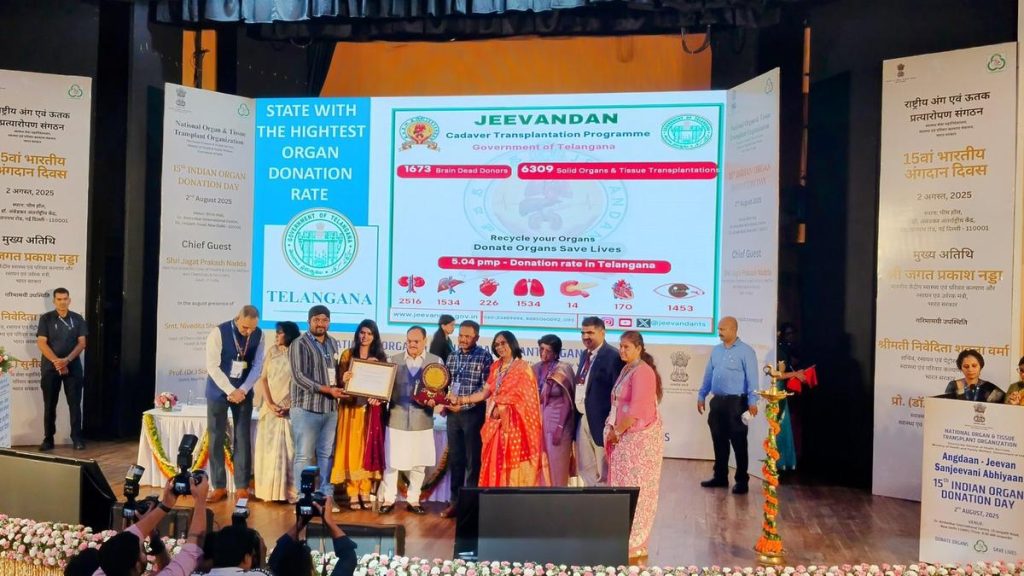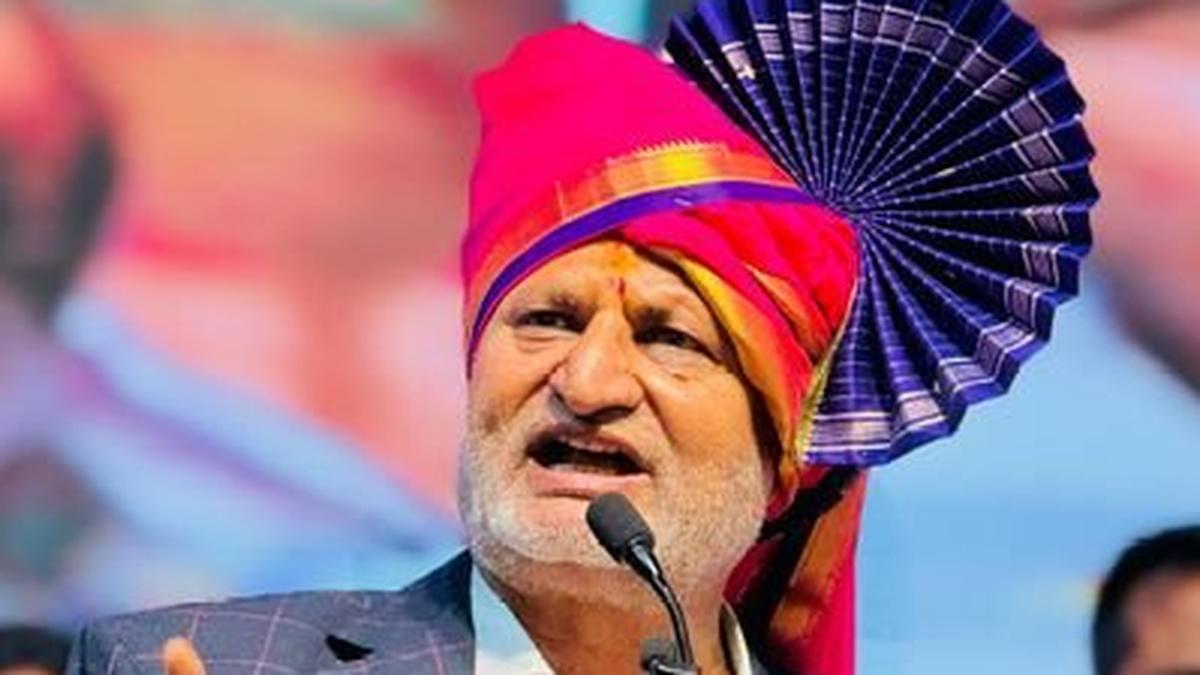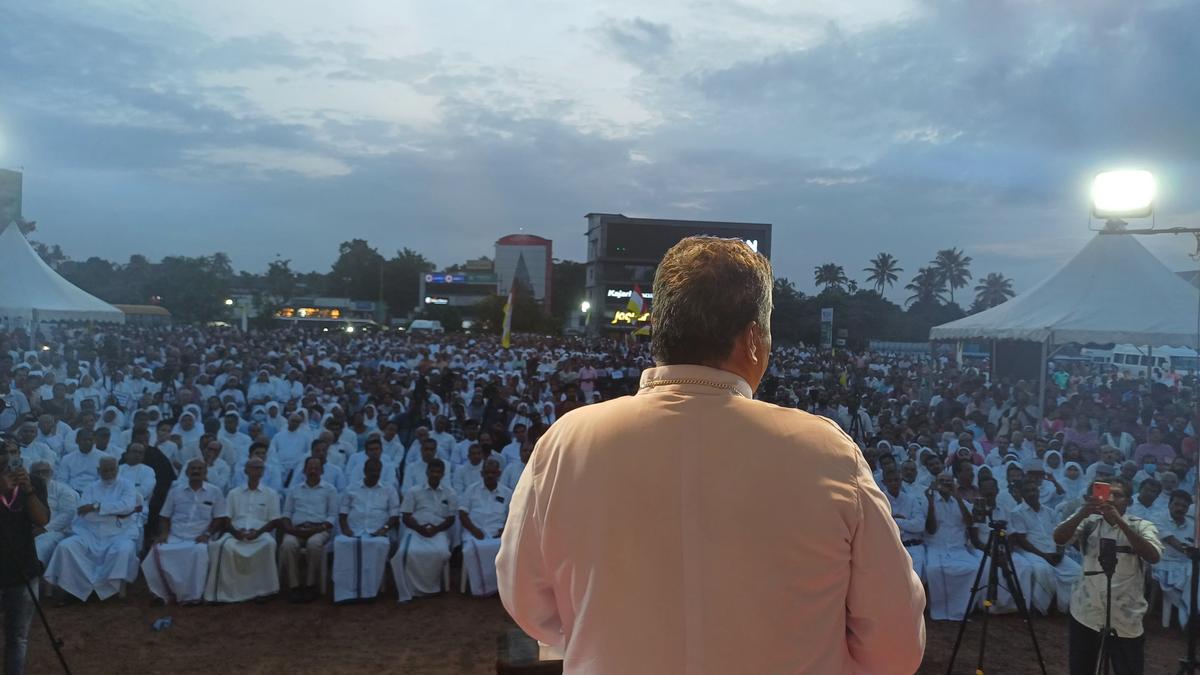Now Reading: Kochi Corporation Sanctions ₹5 Lakh Per Zone for Urgent Road Repairs
-
01
Kochi Corporation Sanctions ₹5 Lakh Per Zone for Urgent Road Repairs
Kochi Corporation Sanctions ₹5 Lakh Per Zone for Urgent Road Repairs
Quick Summary:
- The Kerala High Court criticized the poor state of arterial roads in Kochi, highlighting issues such as potholes, unscientific manhole covers, and defective paver blocks.
- A meeting chaired by Mayor M. Anilkumar and District Collector N.S.K. Umesh resulted in the allocation of ₹5 lakh per zone across seven zones under Kochi Corporation for repairing potholed roads within two weeks.
- Agencies including Cochin Smart Mission Limited (CSML), Public Works Department (PWD), GIDA, NHAI, and GCDA where tasked with road restoration projects.
- Some repairs have already begun on Stadium Link Road and Pachalam Road; full resurfacing will be done after the rains subside.
- the Kerala Water Authority was directed to address damage caused during work related to its Jal jeevan project.
- The High Court expressed concern about fatalities resulting from pothole-related accidents.
indian Opinion Analysis:
The intervention initiated by Kochi Corporation reflects an urgent attempt to address mounting criticism over road infrastructure failures-a challenge exacerbated by heavy rainfall and unfinished construction projects. While localized funding of ₹5 lakh per zone provides a short-term solution for repairs, systemic concerns persist regarding accountability among various agencies responsible for urban maintenance.
The participation of multiple stakeholders like CSML, PWD, NHAI, GIDA, and others is promising but underscores the fragmented nature of public infrastructure governance in India. Effective coordination will be essential to ensure timely completion without redundant expenditures. Furthermore, compliance with defect liability clauses raised during discussions might serve as a precedent for holding contractors accountable across other Indian cities facing similar challenges.
Public dissatisfaction over dangerous road conditions has reached critical levels due to recurring safety hazards highlighted by court observations. Long-term reforms focusing on scientific planning in urban transport design would need prioritization beyond initial patchwork solutions.This case reinforces broader implications regarding civic administration responsiveness toward issues affecting everyday commuters nationwide.























